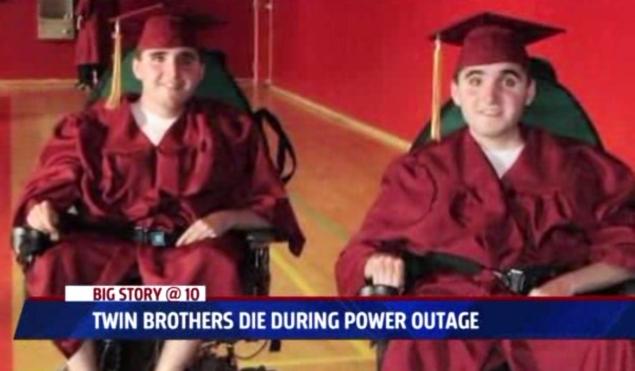At least one person has died and 38 others fell ill from E.coli linked to organic baby carrots.
The outbreaks started on Sept. 6 with more sprouting up until Oct. 28 in 18 states, though numbers may be higher and consumers in other states may also be affected, the Centers for Disease Control and Prevention announced Sunday. Minnesota, New York and Washington were the states with the most outbreaks as of Monday morning.
Following investigations, it was concluded that Grimmway Farms, a Bakersfield, California, company that is the one of the largest producers of organic carrots in the world, was the supplier of the carrots people consumed before they got sick.
 Florida Injury Lawyer Blawg
Florida Injury Lawyer Blawg




